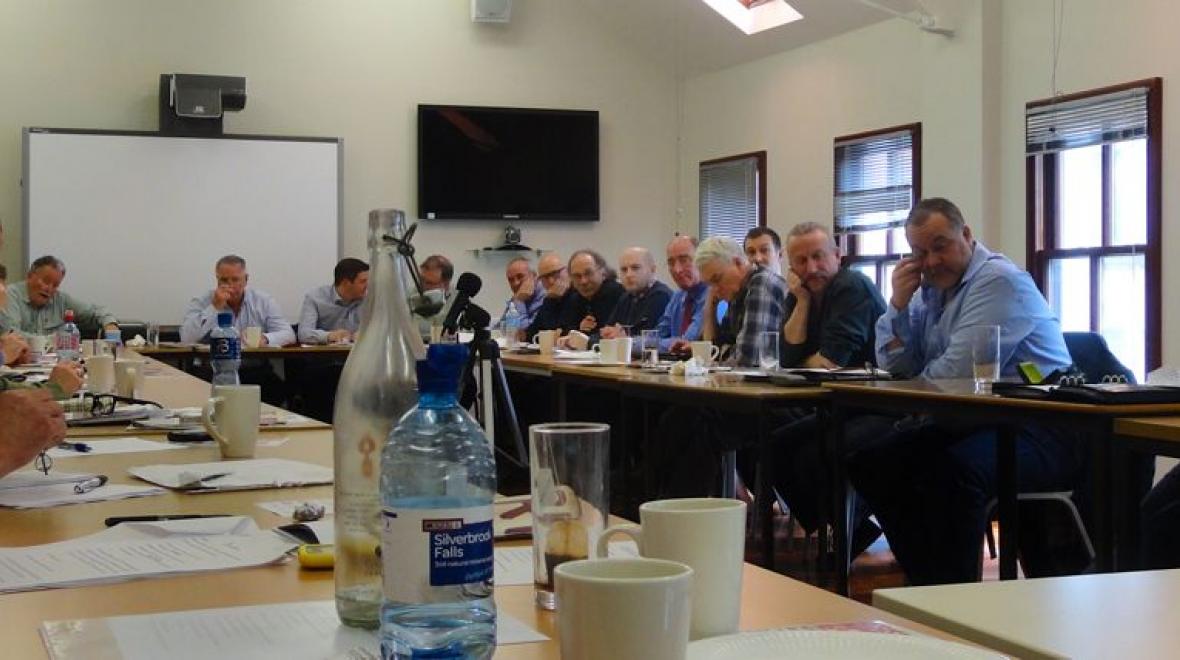The Fellowship of Messines Association

The Fellowship of Messines Association created a project for the Decade that sought to explore themes related to common history, conflict resolution and personal development. Specifically, the emphasis on a common and shared history was designed to recruit a diverse range of individuals from an extremely wide political and cultural spectrum to engage in dialogue together.
The programme “Centenary Events Remembered, Can We Let the Past Imprison Our Future?” comprised of two weekend seminars with historians and commentators as speakers with ample opportunity for dialogue and discussion built in. The programme was comprised of the following topics:
First weekend seminar
WWI breaks out August 1914. U.V.F. and Irish National Volunteers enlist en masse. Mons, 1st Ypres, Gallipoli and the long and bloody road to the Somme, July 1916 Ireland and Easter Week, 1916
The War of Independence, Partition & Civil War 1919-1923, One Island two States The political social and economic situation in Ireland, North and South, in the decades after Partition 1920s – 1940s
Second weekend seminar
Operation Harvest, I.R.A. Border Campaign 1956-1962 Unionism in the 1950’s – 1960’s Change or no Change? Civil Rights or Civil War? 1969 – 1994 and the long search for Peace The “Agreement” 1998, Peace in our Time?
It is the understanding that these encounters are opportunities, however limited, where some of the “tribal scriptures” handed down over generations can be challenged by historical facts through discussion and dialogue in as open, honest and objective a way as possible. At the same time, such an approach allows for a simple question to be asked: “Is it the dead who hold us by the ankles and won’t let us go, or is it we who have chained ourselves to the dead and we won’t let them go?”
What worked well and what, if anything, didn't?
The seminars and other Fellowship of Messines Association projects were widely attended, to such an extent that project staff kept waiting lists for those who were interested in participating. The seminars and other projects had significant impact on the attitudes of individuals in how they related to one another. The culture of uncertainty was replaced as opportunities were facilitated for safe and open discussions for participants to explore the beliefs and cultural influences that had led to the formation of their own attitudes.
Further Information
Harry Donaghy, Resource Centre, 02890 961111 or messines04@hotmail.com.


